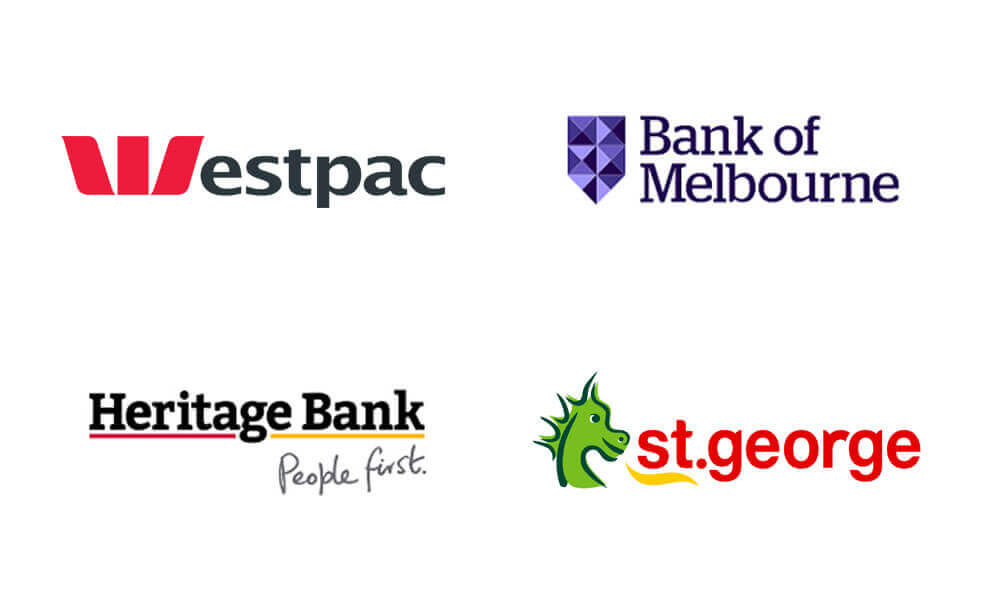
How to manage your own investment property
You’ve just purchased an investment property (go you!), so what comes next? It’s time to…

Planning to purchase a property in the near future?
Here’s what you can do now to improve your chances of being approved for a home loan down the track.


Conducting research and contemplating the most suitable home loan for your needs is a wise step. If the certainty of knowing your consistent repayment amount for budgeting appeals to you, a fixed home loan might be a fitting choice. However, it’s crucial to consider that there is speculation about interest rates decreasing in 2024. Opting for a fixed-rate loan means you won’t take advantage of potential interest rate drops.
On the other hand, if you value flexibility and are comfortable with the possibility of your interest rate fluctuating with changes in the cash rate, a variable home loan could be more in line with your preferences. As your 1st Street Mortgage Broker, we can explain the nuances between fixed and variable mortgages. Additionally, we can guide you on how you might benefit from features aimed at saving on interest, such as offset accounts and redraw facilities.
When you apply for a home loan, lenders look at your credit report.
If you’re not well-versed in this matter, your credit report comprises a credit score, ranging up to 1000 or 1200, depending on the credit reporting agency. This score serves as an indicator of your reliability as a borrower. The report encompasses details about your management of past or existing loans and debts, along with your repayment history.
You are entitled to receive a complimentary copy of your credit report every three months from the following credit reporting agencies:
If you observe any discrepancies, promptly contact the agency to rectify the issue. Take proactive measures to maintain a clean credit report by:
This is an opportune moment to settle any outstanding debts, including personal loans, car finance, unpaid credit card balances, or any other outstanding debts.
When evaluating your home loan application, lenders take into account factors such as your income, expenses, and existing debts. Demonstrating that you have sufficient funds to not only cover your existing debts but also to meet the repayments for the home loan can bolster your credibility in the eyes of the lenders.
The larger the deposit you can save, the more appealing you become as a borrower to lenders. Typically, aiming to save 20% of the property’s value is advisable.
Nevertheless, there are alternative ways to enter the property market if you haven’t saved a substantial deposit. Some lenders may consider borrowers with a 5% deposit, given they meet specific conditions.
It’s essential to note that if you borrow more than 80% of the property’s value, you might be required to pay Lenders’ Mortgage Insurance.
Lenders place significant importance on employment stability when evaluating borrowers. They seek assurance that you possess sound spending habits, a robust credit history, and are engaged in secure, long-term employment.
Moral of the story? If you have plans to purchase a property in the near future, it’s advisable to avoid changing jobs to maintain a favourable standing with lenders.
If you’d like to talk through the first steps of getting a mortgage, we at 1st Street Financial are here to help.
We can organise pre-approval on your finance so that you can start shopping for the right property. Get in touch with your 1st Street Mortgage Broker today.

You’ve just purchased an investment property (go you!), so what comes next? It’s time to…

Whether you’ve opted for a sea change, a tree change or something in between, moving…
Yes, that’s right. You pay zero, zip, nada.
1st Street’s premium service comes at no cost to you! 1st Street is paid by the lender when your loan settles, however, this will not affect your interest rate or loan fees! It is often more cost-effective for a mortgage broker to process a loan rather than the lenders processing it themselves in-house. In fact, we often find that we can save you money by negotiating on your behalf.
Use our online calculators to work out how much you can borrow, loan repayments, stamp duty and lots more.






